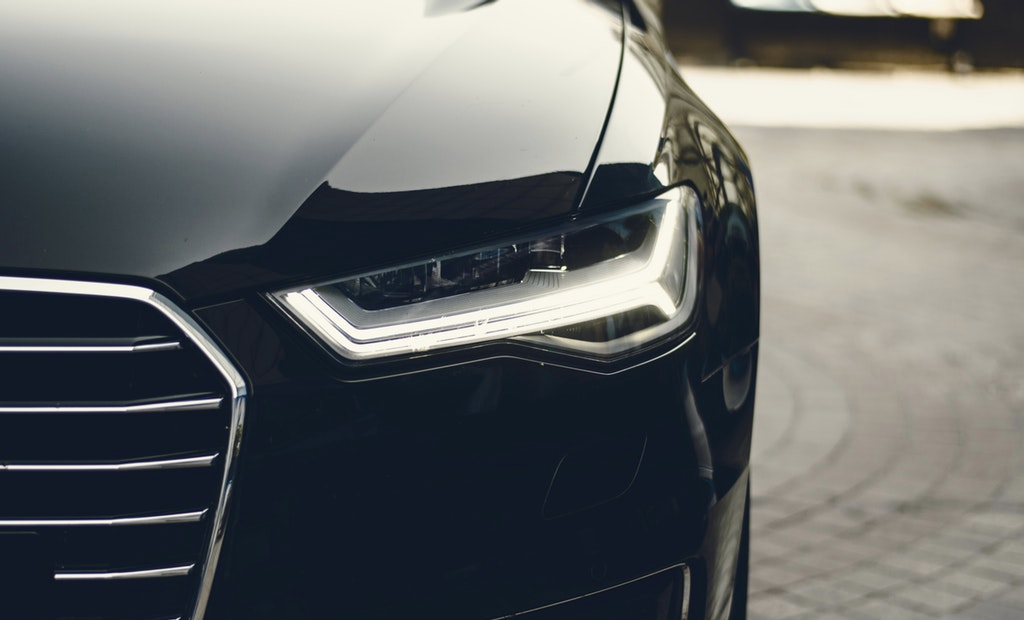PCP vs HP: What’s the difference?

Car financing, obtained from a finance company, is much more common than paying cash for a vehicle, most opting for it because they want a low monthly payment. There are several payment options, and we have put together a concise guide to the most popular ones.
Understanding PCP and HP
The most popular forms of car finance agreements are hire purchase (HP) and personal contract purchase (PCP). Both HP and PCP usually require an initial deposit, followed by a repayment against all or half of the car’s residual value.
The best form of car finance for you would rely on several factors, but comparing the two side by side will help you decide on either type of car finance. Below we will be comparing the characteristics and finer aspects of PCP vs HP car finance.
What is PCP (personal contract purchase)?
As opposed to other auto financing options, the monthly costs are comparatively smaller for PCP. This is because you should not spend the entire amount of the vehicle with a PCP deal. PCP operates by repaying the car’s depreciation of value on the money you borrow. This ensures you will wind up accounting for the car’s depreciation throughout the loan deal. The total value required to gain possession of a vehicle at the conclusion of a PCP finance deal known as a final balloon payment.
You cannot own the vehicle when you have a PCP deal. Instead, you are effectively renting the vehicle for the duration of the agreement. As a result, rather than paying the entire cost of the vehicle, your account for the car’s depreciation over the term of the loan. Cars lose value over time because the property owner is effectively renting you the car and billing you for the loss of value, as well as the APR.
What is HP (hire purchase)?
Hire purchase, also known as HP, is a form of car financing arrangement that is one of the most common on the market, which does not generally include an annual mileage allowance.
HP operates by extending the total cost of the vehicle and the financing over the term of the contract. Since the interest rate based on an annual percentage rate on this form of package is set, you will know precisely how much you will be paying per month, making it perfect for those on a strict budget or who wish to budget ahead of time.
HP deals are good for people who wish to buy the vehicle after their contract because if you have found the perfect car for you and don’t think you’ll need any modifications anytime soon, you can work on buying it.
Personal contract purchase vs hire purchase: Which one should I choose?
If you have a PCP loan plan, the annual expenses would effectively equal the car’s drop in value throughout the contract. You have two options after a PCP agreement: offer the vehicle back or pay the balloon payment, which is the car’s current value.
If you want an HP loan plan, though, the fee you spend every month will cover the expense of the car, and the vehicle will be yours to carry at the end of the agreement at no further cost.
You will find that PCP monthly payments are much smaller than HP payments, and the vehicle is not yours unless you want to make the final discretionary payment after the PCP deal. If you are attempting to keep your monthly expenses to a low, this is something to remember.
Selecting a reliable car finance broker is of utmost importance. The most critical consideration is whether you intend to own the vehicle you are financing entirely at the end of the loan, and it determines your selection of either of the above car finance leaders. While an HP plan includes the full buying price of the vehicle, a PCP plan does not unless you qualify for the optional ‘last charge,’ which covers the vehicle’s outstanding value after the payment period has ended.
What are the features of PCP finance, and who should opt for it?
Below are the benefits of PCP finance:
- The upfront fee is low.
- Monthly fees are predetermined.
- It is possible that you can refinance the Optional Final Payment.
- If you want to walk away at the end, there are no depreciation issues.
- It is possible to provide repairs and servicing.
- When you first sign the deal, you have the option of making a fixed final payment.
- It is affordable.
You can opt for PCP finance if you:
- Own a better car with the same payment options.
- Do not consider the depreciation and instead focus on the car’s buying value.
- Want to offset the risk by keeping or trading the vehicle.
- Are not concerned about the maintenance.
What are the features of hp finance, and who should opt for it?
Here are the main benefits of using HP finance:
- The hirer (buyer) must pay the lender, normally the seller, in stages over a set time.
- Ownership of the product is automatically passed to the customer.
- Before the last installment is charged, the seller (lender) retains ownership of the products. When the bidder (hirer) pays all installments, possession shifts to him.
- In the event of default, the lender or the seller will repossess the goods and bill the sum paid in intervals as hire for the duration.
- Recruit purchase installments provide both interest and principal repayments.
- Typically, the lender owes a fixed rate of interest.
The top three cases include:
- If you want to become the car’s owner.
- If you want to pay off the repayments completely.
- If you like the car and want to own it for the long term with trust and guarantee.
The editorial unit

























Facebook
Twitter
Instagram
YouTube
RSS